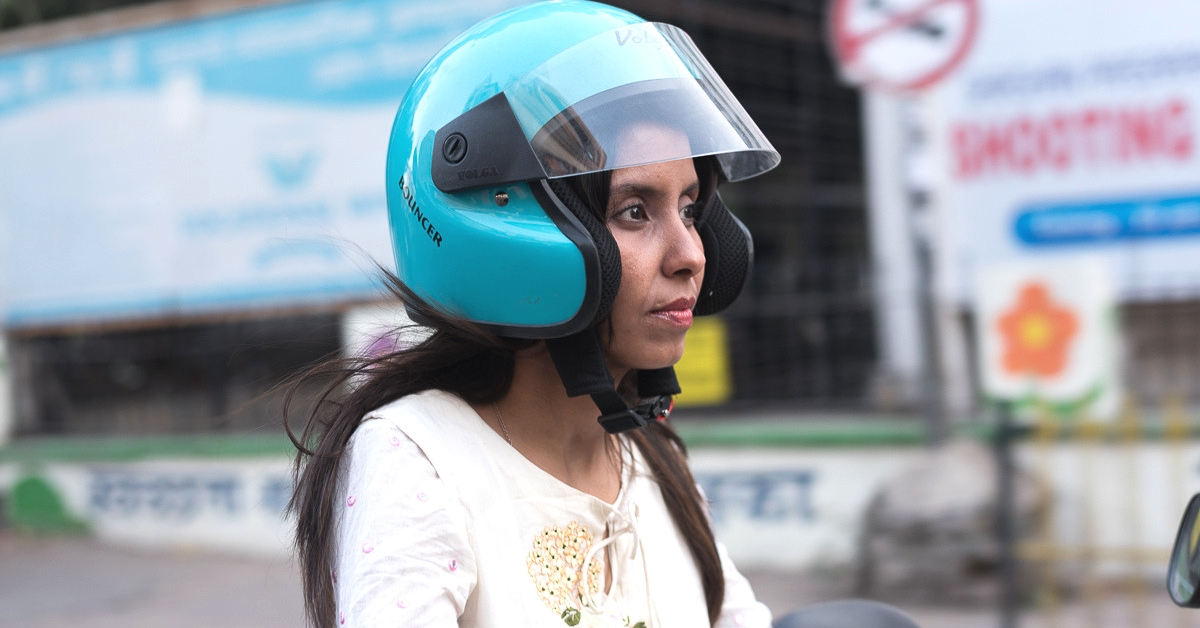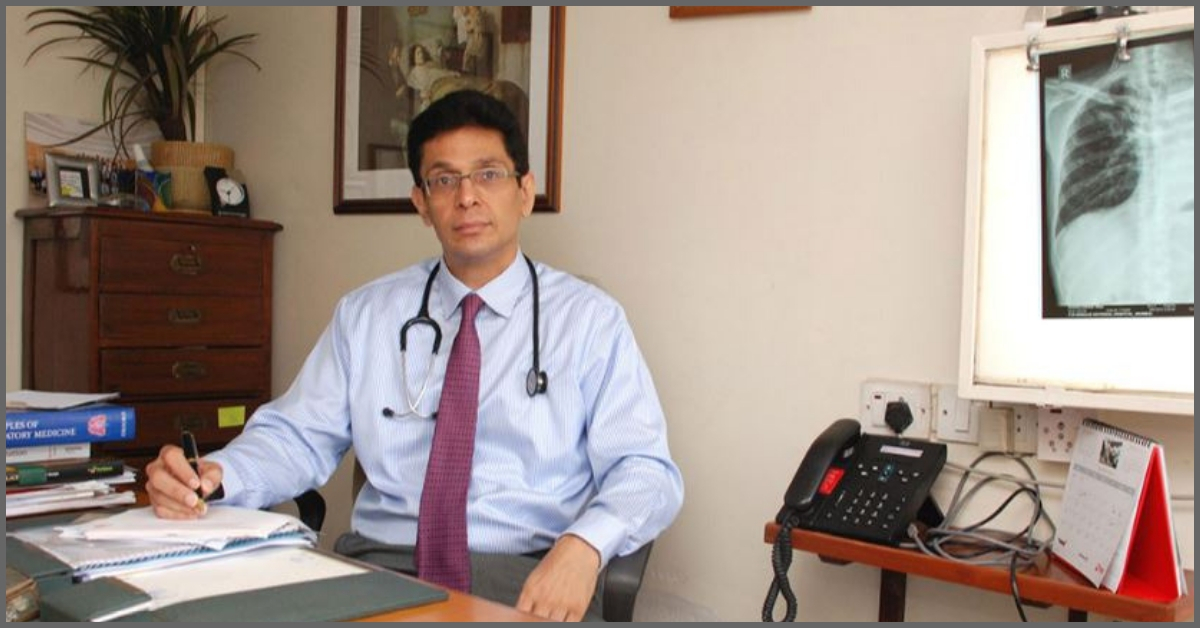India Needs to Know: “I Battled TB for 7 Long Years. This is How I Survived.”
Why is the miracle of scientific development not used for the benefit of all patients? Do our lives not matter? Is our suffering excusable? Is your disregard acceptable? Who will be responsible for the catastrophe that unfolds later?

I was a carefree 24-year-old architect starting a new job. Seven years later, I am a survivor of Extremely Drug Resistant tuberculosis (XDR TB).
I battled TB for seven long years and was recently declared TB-free. It was nothing short of a miraculous escape from death.

But survival was a struggle until a few years ago. Today, I focus on finally picking-up my dreams and living life to the fullest!
While it may sound like an inspirational tale of extraordinary struggle and strength, in reality, however, every day is a fight; and the scars are everywhere.
Tuberculosis is the world’s oldest disease, although scientific research is continuously striving to defeat and control it. Newer and more accurate diagnostics have come to the fore. We now have newer drugs which can fight TB effectively.
But the bacteria have grown smarter and continue to confound us. What does this mean for patients? And for countries like India which have the highest disease burden globally?
It means just one thing—that TB is a mammoth health crisis that has been neglected for too long. But who is responsible for it?

Surprisingly, TB isn’t on the political and research priority lists even though it is an infectious disease that kills most humans. We still don’t talk enough about it in our homes, schools or communities even though it affects 28 lakh Indians each year. We ask survivors, especially women, to stay quiet about surviving TB. This is because a woman has to bear twice the burden of the stigma of TB, as compared to men. Fear of abandonment, neglect, divorce and isolation are rampant among women affected by TB. They hide their diagnosis and take medicines when no one is around.
I was lucky to have survived because I got access to two newer drugs—Bedaquiline and Delaminid—drugs that most Indians can’t access, even today.
It begs the question—Why is the miracle of scientific development not used for the benefit of all patients? Do our lives not matter? Is our suffering excusable? Is your disregard acceptable? Who will be responsible for the catastrophe that unfolds later?
I was diagnosed with Multi-Drug Resistant TB (MDR TB) in my first diagnosis. However, my doctor referred me to all the big microbiology labs every 6-8 months. As a result, my medicines changed with each report.
After three years of inconsistent misdiagnoses, treatment with harmful medication and injections, I was permanently deaf, 22 kg lighter, had burning numb feet, photo-sensitive skin, and depression, and was a financial burden to my family.
Like so many of my TB patient friends, I was facing a helpless slide to death.
Why was I helpless in front of a curable disease? Helpless because no doctor knew of newer drugs for the treatment in my city, and no lab or doctor followed the WHO protocols, or cared enough to counsel the right treatment. There was a general indifference in the authorities to raise awareness on TB.
Even today, this reality is not vastly changed in India. Our government has set the ambitious goal of ending TB by 2025, but when I engage with patients daily as part of India’s first Survivors Collective—Survivors Against TB—I am disappointed. I encounter the same stories of misdiagnosis, incorrect treatment, a lack of access to new diagnostics and drugs.
I am a miracle case because I was treated by an aggressive crusader, Dr Zarir Udwadia.

He followed the WHO protocols and regimens perfectly and procured the wonder drugs Bedaquiline and Delamanid for me on a compassionate basis, not once but twice. He even kept a regular monitoring system for all administered medicines and started me on the path to find cochlear implants to restore some of my hearing.
In the end, a compassionate and committed doctor, a loving and determined family, and new developments in science saved me.
I surprised many by returning to my workplace merely three months after my life-threatening surgery. I have never looked back and was never scared. People tell me that this was a miracle. But I wonder why that is not the norm.
If we want to end TB, we must start by talking about it–within schools, colleges and communities- educating everyone on TB symptoms, diagnosis and treatment. Inculcating simple habits will help–like covering your mouth when coughing, being aware of anyone showing the symptoms of TB and encouraging them to get tested for it.
Improving services in the public and private sectors by strengthening the existing infrastructure, will go a long way in TB control. Let’s ask patient groups like mine what they want in terms of quality of care.
Most importantly, let’s ensure that no patient has to beg for access to accurate diagnosis or treatment because they don’t know enough or lack resources to do so.

Let’s take World TB Day beyond bedecking some iconic buildings in fancy lights, or fiery speeches from leaders, but by committees of officers laying down rules and laws to assess TB treatment. TB will not become manageable until every citizen in India has access to information, diagnosis, and treatment.
All Pictures: Shampa Kabi
(Written by Debshree Lokhande and edited by Shruti Singhal)
Like this story? Or have something to share?
Write to us: [email protected]
Connect with us on Facebook and Twitter.
If you found our stories insightful, informative, or even just enjoyable, we invite you to consider making a voluntary payment to support the work we do at The Better India. Your contribution helps us continue producing quality content that educates, inspires, and drives positive change.
Choose one of the payment options below for your contribution-
By paying for the stories you value, you directly contribute to sustaining our efforts focused on making a difference in the world. Together, let’s ensure that impactful stories continue to be told and shared, enriching lives and communities alike.
Thank you for your support. Here are some frequently asked questions you might find helpful to know why you are contributing?


This story made me
-
97
-
121
-
89
-
167













